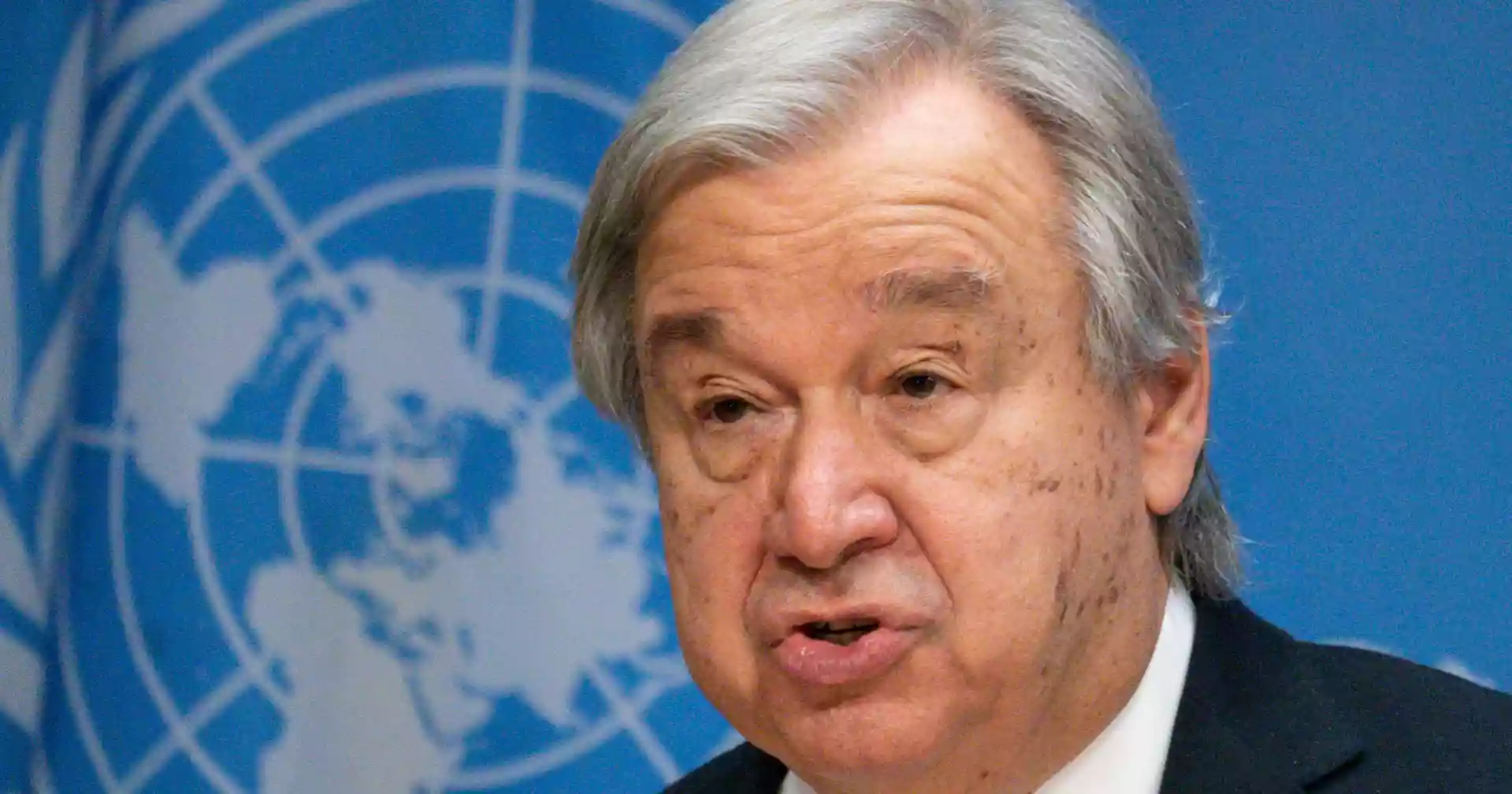The Secretary-General of the United Nations, António Guterres, has released a "Call to Action" on extreme heat in response to the deadly impacts of rising temperatures all over the world.
The call to action outlines the global need to care for the vulnerable, protect workers, boost resilience using data and science, and limit global average temperature increase to 1.5 °C.
The climate crisis is driving temperatures up to unbearable levels all over the world, leading to heat-related deaths, heat-related illnesses, and putting strain on health systems all over the world. Heat stress is the leading cause of weather-related deaths, and estimates show that approximately 489 000 heat-related deaths occurred each year between 2000 and 2019.
“Extreme heat is the most visible effect of climate change, everyone is affected,” said Dr Maria Neira, Director of the Department of Environment, Climate Change and Health at the World Health Organization. “Those with existing health conditions will be made much worse with extreme heat and it impacts the health of everyone in sometimes surprising ways. Even mental health is affected by heat, making people confused, anxious or even violent.”
Acute and prolonged exposure to excess heat causes heat stress on the body and exacerbates underlying illnesses including cardiovascular disease, diabetes, mental health, asthma and kidney disease. It can increase the risk of accidents, adverse pregnancy and birth outcomes, and heighten the transmission of some infectious diseases. In extreme heat conditions, untreated heat stress can lead to heat stroke, which can be a fatal medical emergency.
The good news is that heat-related illnesses and deaths are preventable. There are evidence-based actions and tools which save lives and significantly limit the health impacts of extreme heat. We can protect the most vulnerable through public awareness of how to keep cool, heat-ready social protection and health systems, scale up heat-health warning systems to alert authorities and the public, and foster nature-based solutions in cities to reduce excess urban heat.
According to estimates in a report produced by WHO, the global scale-up of heat health-warning systems for 57 countries alone has the potential to save almost 100 000 lives per year. The WHO co-sponsors the Global Heat Health Information Network bringing together UN agencies, governments, experts, and civil society partners to share knowledge and scale solutions for protecting communities from extreme heat worldwide.






-20260223082704.webp)



-20260225072312.webp)










-20260224075258.webp)













-20260219054530.webp)
-20260218060047.jpeg)
